The Deceptive Simplicity of Mentoring

Low cost, high impact isn't so simple.
Thoughtfully implemented mentoring remains high on my list of remedies for organizations facing daunting dual challenges of accelerated turnover and scary demographics as more baby boomers approach retirement. Still, mentoring can look deceptively simple, and yield disappointing results when not thoughtfully designed and guided through the organization.
There’s an argument that says mentoring happens on its own when two people take an interest in each other’s careers and that “arranged mentoring marriages” don’t work. While it is certainly true that some valuable mentoring relationships develop informally, leaving it to happen on its own will never move the needle on development and retention significantly enough to matter at an organizational level. The key is to find a way to scale the informal mentoring that is already working sporadically in many organizations.
Designed for Success
Mentoring programs require just the right amount of structure and monitoring to generate value. Both over-engineering and loose management can yield lackluster returns. Here’s what I’ve seen work:
- Clear Purpose. Start with a clearly defined purpose(s) for mentoring in your organization and a shared definition of the business problem you are trying to address. It’s hard to know how successful your program is unless there is alignment around the purpose. Development and/or retention? Even knowledge transfer or breaking down organizational silos...some organizations have successfully introduced separate mentoring initiatives for different purposes.
- Defined Infrastructure. Once you are clear on what you hope to accomplish through mentoring, it’s equally important to provide some basic “infrastructure.” Concentrate on creating scalable processes and related tools that can then be replicated simultaneously in different parts of the organization with minimum incremental effort. These include the selection and matching process, guidelines for goal setting and timelines for formal relationships (YES, formal mentoring relationships should be time bound!) along with supporting workbooks and other materials. Finally, an important part of the process is often a series of “mentoring workshops” to align expectations, review some “power skills for mentoring” (i.e. giving and receiving feedback effectively, listening, questioning and networking skills), and to actually provide dedicated time for pairs to spend together. Despite best intentions, one of the biggest challenges reported by mentoring pairs I work with is scheduling. Carving out “partner time” in a mentoring workshop can be very effective and is routinely appreciated by participants. Pairs should also be encouraged to use this time to do something together.
- Monitoring. Monitoring is also a key ingredient for success, monitoring process, not content. Confidentiality is of course pre-requisite to successful mentoring relationships, but assigning someone to “shepherd” each pair can be very valuable. It increases the probability that derailment can be caught and resolved before it’s too late. Second, and equally important, it should provide the necessary metrics to determine what’s working well and what may need to be modified. Is the guideline for the number of meetings working? Is the time period too short? Where do the pairs feel like they need more support? (Hint: Goal setting is the most common answer I see to this question...). Finally, it can be extremely valuable to survey participants at the end of each cycle, analyze trends and tweak your design accordingly.
- Acceleration. I’ve seen programs become contagious as they start to gain traction. One way to accelerate this process is by inviting past participants to share their experiences as speakers in new mentoring workshops. There is no substitute for the type of testimonials these “satisfied customers” can provide. Knowing who will have the best insights and creative ideas to share is an important output of your monitoring procedure.
Some thoughtful design work up front can prepare your organization to nimbly respond to the heightened demand that thoughtful design should generate. Keep in mind that if your design is not scalable, it is unlikely to impact the organization on a large scale!
Do you have questions about designing an effective mentoring program? Let's have a conversation.
A development fable.
Like the frog in the rut, executives often find themselves in situations they aren't prepared for. And they seem to learn best when they need to achieve something that matters to them.
Can you recognize yourself in this story?
Join the conversation.
All Rights Reserved | KFB Leadership Solutions



